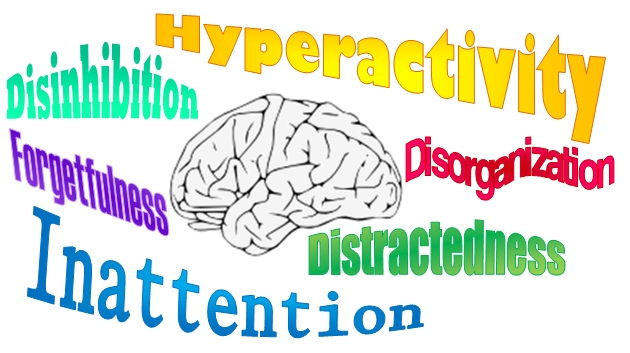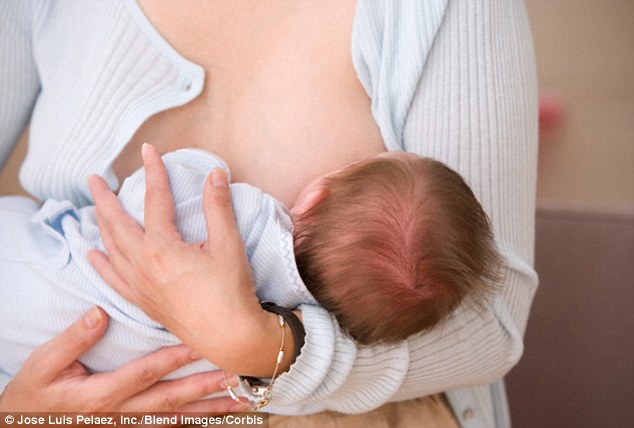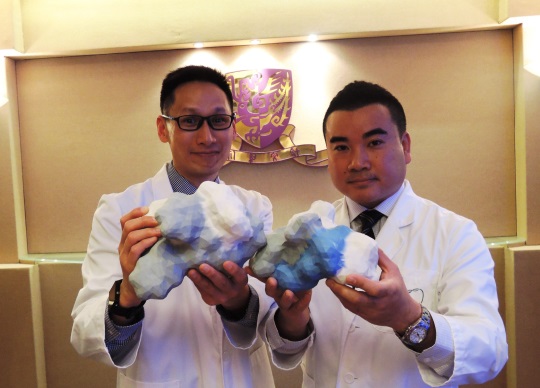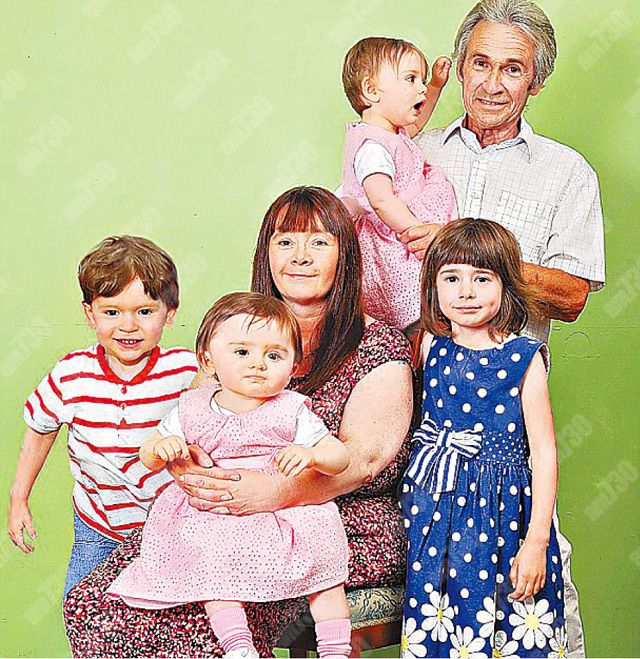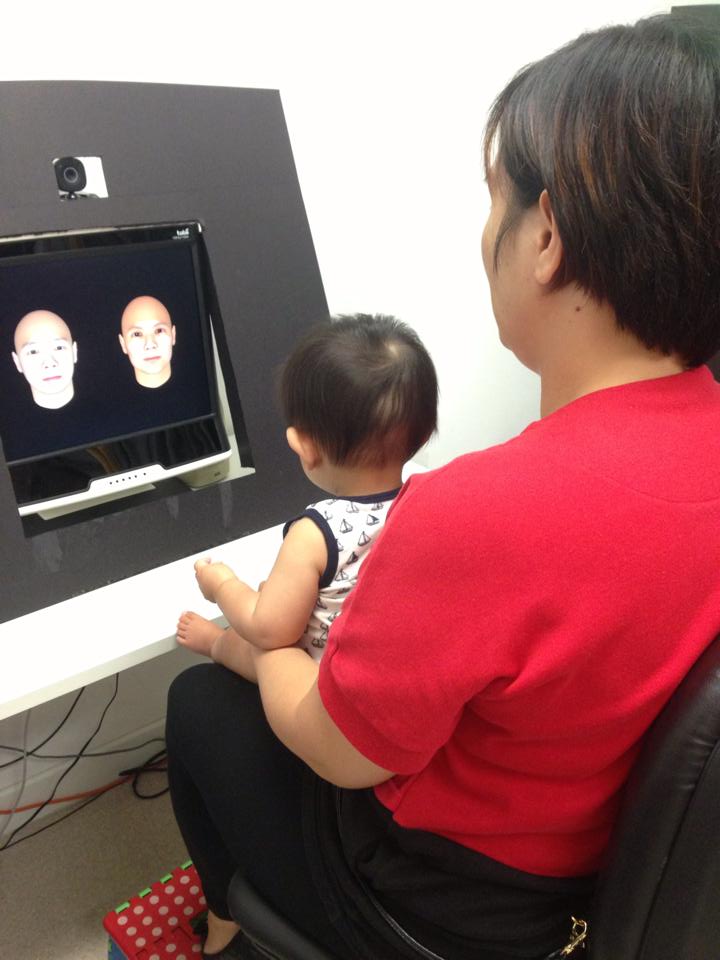Big Babies May Boost Mom's Breast Cancer Risk
Women who gave birth to babies weighing 8.25 pounds or more were 2.5 times more likely to develop breast cancer later in life, when compared to women who gave birth to infants that weighed less. The findings held even after researchers took into account the mom's weight and other breast cancer risks, such as family history and use of hormones. "Women who had big babies have hormonal environments in pregnancy favoring the development of breast cancer," says researcher Radek Bukowski, MD. He is professor of obstetrics and gynecology in the Division of Maternal-Fetal Medicine at University of Texas Medical Branch in Galveston. This hormonal mix comprises high levels of estrogen and insulin-like growth factors, both of which have been linked to breast cancer risk, and low levels of anti-estrogen or breast-cancer-protective hormones. The researchers reviewed data from two studies. One study of 410 women showed that after 17 years of follow-up, 31 women developed breast cancer. These women were more likely to have had large babies than women who did not get breast cancer. The second study looked at hormone levels in the mom's blood during pregnancy. The findings are preliminary, and further study is needed to confirm them, Bukowski says. The findings should be interpreted with caution, says Stephanie Bernik, MD. She is the chief of surgical oncology at Lenox Hill Hospital in New York City. "There may be a link." The size of your infant at birth is not always within your control. Thin moms can have large babies, and overweight or obese moms can deliver very tiny ones. "This is not a modifiable risk factor, but it may be something to think about when you are thinking about your breast cancer risk," she says. If further studies validate these findings, your children's birth weight could become something that doctors routinely ask about when assessing breast cancer risk. "It is certainly not built into any of the risk tools we use now." Her advice to women who have had large babies is to talk to their doctor about things they can do today to lower their risk of breast cancer. "This information may also be used to make decisions on how and when you should be screened for breast cancer." Ashley S. Roman, MD, agrees that the size of a baby at birth is not always within a pregnant woman's control. Roman is a clinical assistant professor in the department of obstetrics and gynecology at New York University Langone Medical Center in New York City. Having a big baby is not healthy for the mom or the infant. "Babies who are born too big may be at greater risk for obesity and diabetes," she says. "Now we have to think about how this affects the long-term health of the mother." Risks for having large babies include:
"Some of these are modifiable," Roman says. For example, "if you are obese, losing weight prior to getting pregnant may help make sure your baby is not born too large, as can avoiding excessive weight gain during pregnancy." Talk to your doctor about how much weight you should gain during your pregnancy. Maintaining a normal weight also helps lower a woman's overall risk for breast cancer, as does getting regular exercise. Some studies suggest that breastfeeding, too, may decrease breast cancer risk. (Source: http://www.tucsonhealth101.com/news/big-babies-may-boost-moms-breast-cancer-risk/)
|
|





